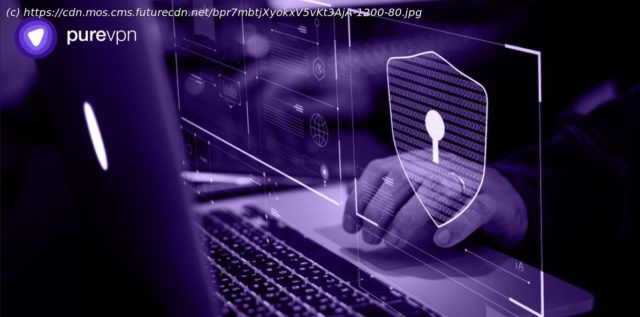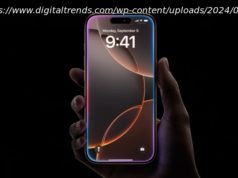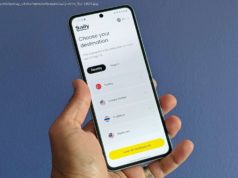Save your pennies’ worth with this powerful and flexible VPN service.
Here at TechRadar, we test VPNs so you don’t have to. There are “free” VPN providers out there but even if you aren’t handing over cash, you can end up paying in other ways: the speed of “free” VPN services is usually throttled, there are a limited number of servers and you have to wonder how they make money. They could even be selling your personal information.
PureVPN is a paid service and we believe that you get some serious bangs for your buck. While we’ve already done an in-depth review of all PureVPN’s features, in this guide you’ll discover our top 5 reasons why we believe this particular VPN provider presents some of the best value for money available today.
what a VPN is and why you need one here.
One of the key indicators of a good value VPN provider is the number of servers you can choose. The nearer a server is to your actual location, the faster your connection speed’s likely to be.
PureVPN claims to have no fewer than 6,500 servers in 78+ countries worldwide. This isn’t quite up there with other VPN heavyweights like Cyberghost but this provider has recently upgraded to 20GBps, making for a much speedier connection.
PureVPN also makes use of virtual servers with obfuscation technology (this is indicated on the website (opens in new tab)). This allows you to be in one country whilst making use of a more stable connection in another.
This is extremely useful when trying to bypass geolocation services such as the BBC iPlayer, as this way you can enjoy streaming services without experiencing as much slowdown. It also makes it impossible for service providers to detect that you’re using a VPN.
In our review, we found that through switching PureVPN servers we were able to access not only the iPlayer but Netflix, Disney Plus and Amazon Prime.
Many VPN providers claim to keep “no-logs”. But this term can be open to interpretation. For instance, some might record the IP address you use to sign up, even if they don’t keep daily logs of which specific websites/services you’re using. VPN providers may even be subject to secret subpoenas in some jurisdictions requiring them to record your web activity.






